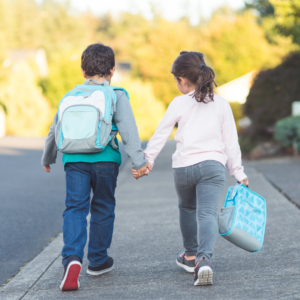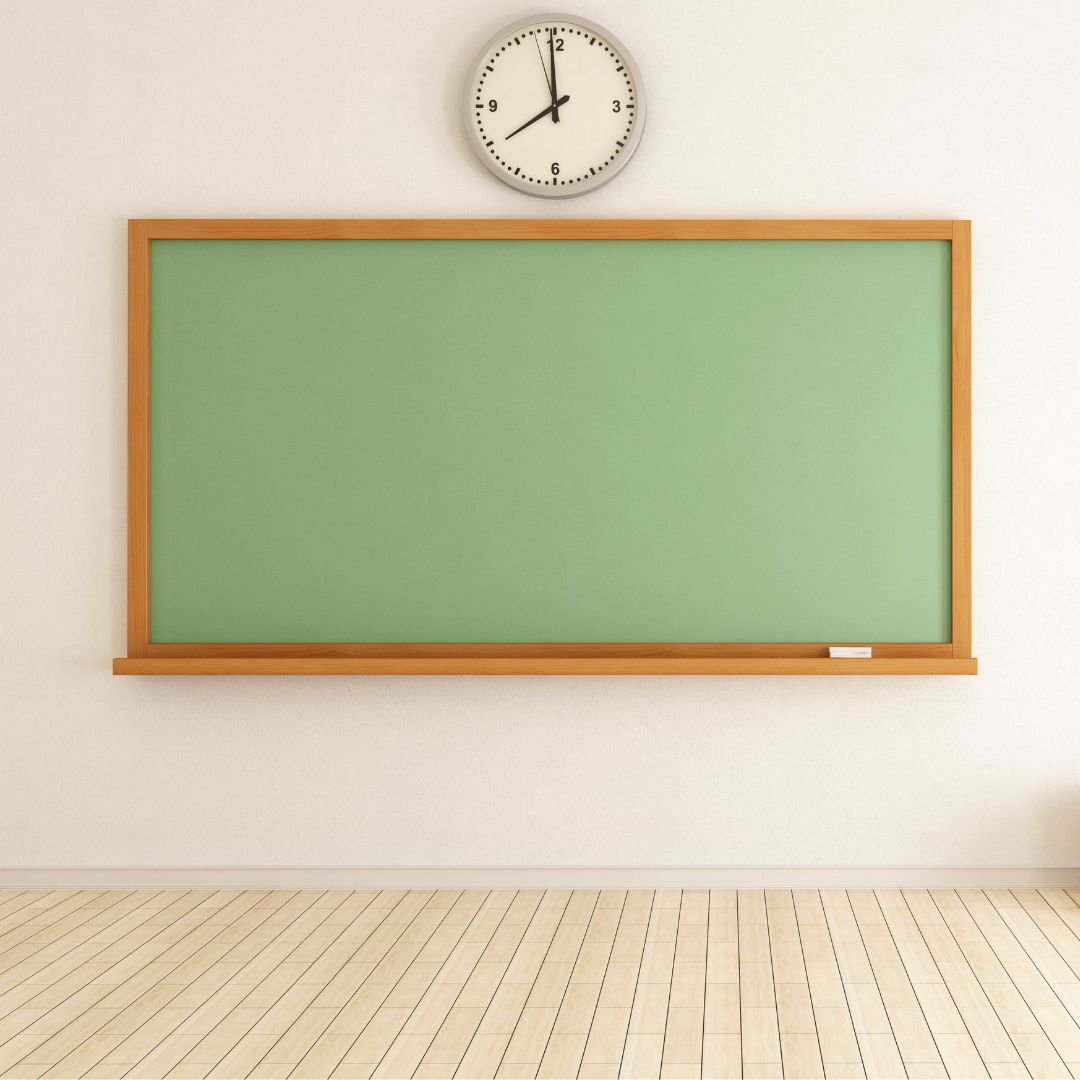A few weeks ago, we asked our social media followers about how their child with ADHD does socially. Over 90% of our followers who responded reported that their child with ADHD struggles in social situations. Parents listed many challenges with ADHD and friendship, almost all related to executive functions (e.g., inhibition, self-monitoring, cognitive flexibility). The top themes were:
- Impulsivity (e.g., rough play, yelling near other kids, “potty talk,” running away from peers)
- Staying on the topic during a conversation because of internal or external distractions
- Allowing the other person enough time to talk
- Getting into another child’s personal space
- Difficulty with flexible thinking (e.g., perspective-taking, holding grudges, being controlling in play)
The parents’ main question was this: “How can I support my child and make sure they have friends?” This is an important question that we all want for our kids! So, let’s dive into a few of our favorite tips to help you set your child up for success.
1. Create Realistic Expectations
The truth is, learning to create and maintain friendships is a process. It’s not something that happens overnight (and this is true for most typical kids, too!). Navigating the social world takes consistent practice. Also, your child’s brain works differently, and it’s important for you as a parent to understand this. Kids with ADHD are generally about 30% behind their peers socially. That means that your 9-year-old probably has social skills more consistent with a 6-year-old. This doesn’t mean they won’t be successful at making friends! But it does mean that they are figuring things out and will need your support.
2. Lean Into Your Child’s Strengths and Interests.
Is your child naturally gifted at sports, art, dance, or something else? Is there an activity that they just LOVE to do? These activities are an excellent opportunity for your child to feel confident in their skills and hang out with other kids with the same interests. Imagine that you are not a good golfer. Maybe you don’t even know the basics of the sport! Imagine going into a social situation where you are expected to golf AND socialize. I mean, just writing this is giving me anxiety! Try to find what your child is good at, and then provide them with opportunities to socialize in those activities.
3. Start with 1:1 play dates to support ADHD and friendship.
Large (or even small) group activities can be challenging for kids with ADHD. The excitement of multiple children, lots of noise, and navigating multiple interactions can lead to dysregulation and challenging behaviors. Maybe start with a play date with one child. If you aren’t sure who would be a good fit, schedule a meeting with your child’s teacher to get more information on who your child plays well with and who might be a good fit. Get the other parent’s information and schedule a get-together. It can help to keep these first meet-ups short at first. Also, ensure it is an activity your child and the other child will love.

4. Make a Future Picture.
One important thing to understand about kids with ADHD is that they live in the moment. This can be a lot of fun, but it means there can be challenges for kids with ADHD and friendship. To help with this, you can support your child by anticipating a situation before it happens. Let’s take a birthday party, for example. If your child usually has a hard time waiting for cake to be served, you could plan for how you will solve that problem. Instead of discussing it, you and your child can draw what it will look like! Or, if your child has a hard time thinking of topics to talk about, you can help them draw a thought bubble with ideas of different topics (e.g., video games, movies, or a favorite sport) so they are prepared for those potentially tricky moments.
5. Evaluate Together and Problem Solve.
It can be hard to help your child problem-solve at the moment. If your child is young, you may be able to give more in-the-moment feedback. If they are older than 7 or 8, you may have more luck talking about it after the interaction is over (note: don’t wait too long because ADHD brains certainly live in the moment!). When talking to your child about social situations that were hard for them, try to avoid criticism or asking “why” they did a certain behavior. Talk to them about what went well and get curious about challenging areas. For instance, if your child hit another child, you might say, “I noticed that you hit Joey when he started playing with those blocks. Can you tell me what happened?” Talk through the situation and help your child problem-solve alternative ways to handle it in the future. And praise your child for how they handled situations with their friend well!
Bonus: Focus on What Makes Your Child a Great Friend!
At the end of the day, most kids with ADHD have a strong desire to be social and make friends. They are often curious, witty, honest, and adventurous…. All traits that make them a fantastic kid and a wonderful friend! They may need a little extra support as they navigate the social world. A speech language pathologist can be an excellent resource if your child needs more specific support in making friends. You can also contact your child’s school to see if they offer any social group support over lunch or recess.
If you want more support for your child with ADHD, check out our online parenting course, Creating Calm. You can watch from anywhere, anytime, and no babysitter is needed! 🙂
What other ways have you found to support your child with ADHD and friendship?
Have a beautiful week,
Katie, Lori, and Mallory

Disclaimer: The contents of this site are opinions of The Childhood Collective PLLC partners unless otherwise noted. The information on this site is not intended to diagnose, treat, or prevent any type of medical condition and is not intended as personalized medical/psychological advice. Any decision you make regarding you and your family’s health and medical treatments should be made with a qualified healthcare provider.






+ show Comments
- Hide Comments
add a comment